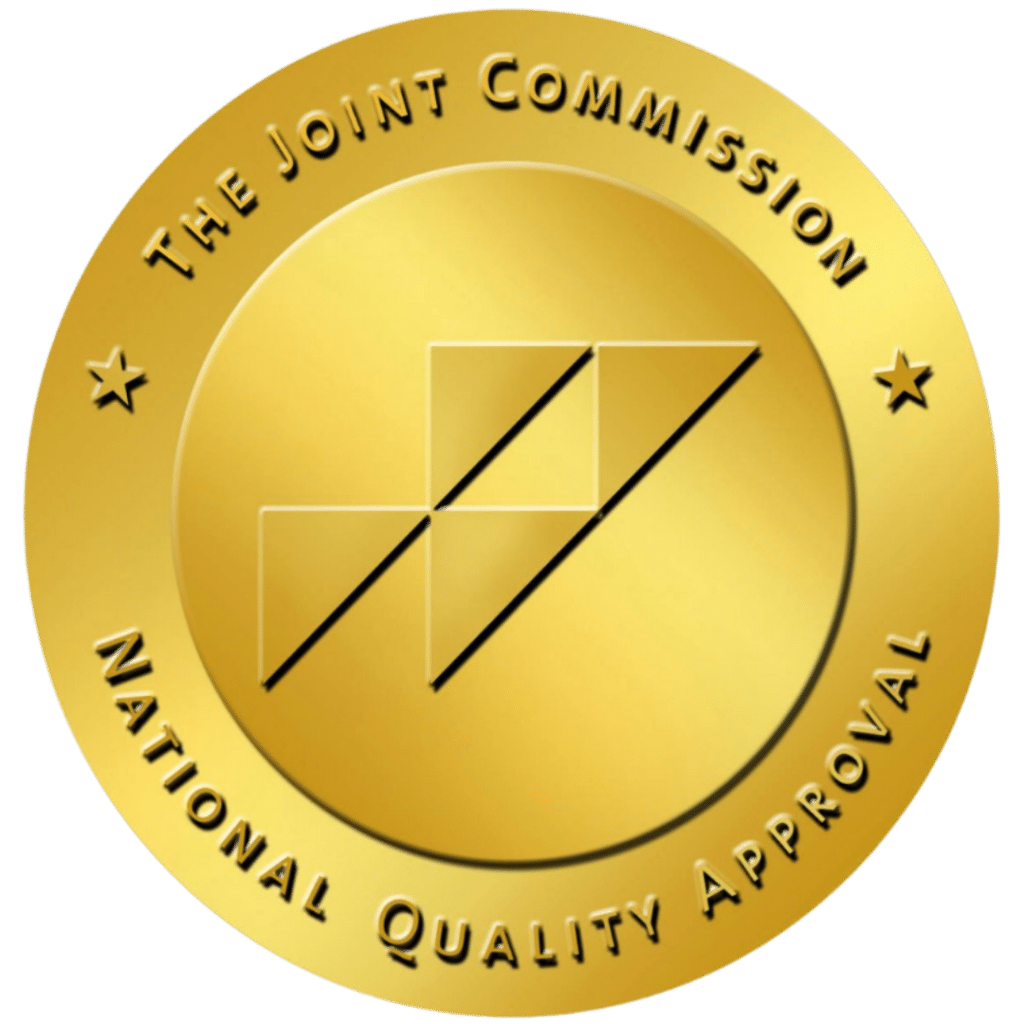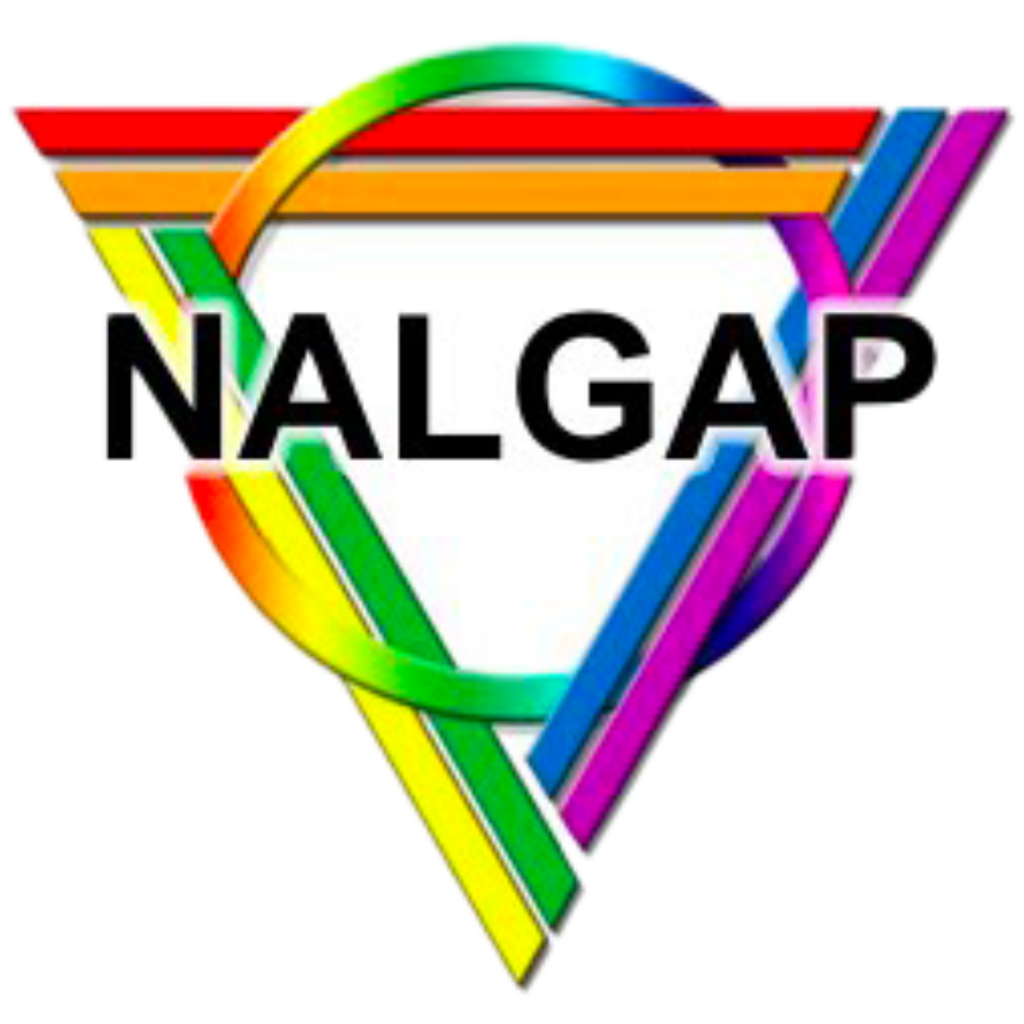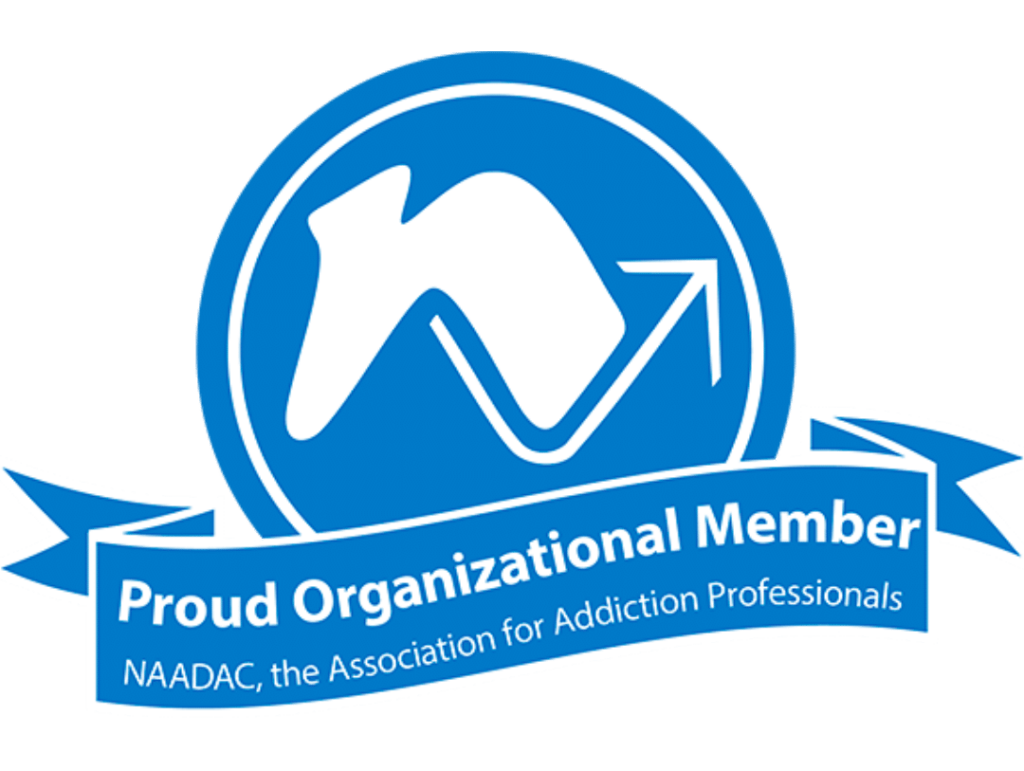Ideally, throughout adolescence and young adult life you develop skills that help you deal with difficulties and build resilience. You modify those skills as you continue to grow and experience change. If you’ve struggled with alcohol and drug abuse, you may have either missed out on the opportunity to develop life skills during younger years, or drugs and alcohol have gotten in the way of your ability to self-manage, adapt to change, and develop these capabilities.
A lack of life skills can get in the way of your sobriety. That’s why addiction treatment centers emphasize the necessary tools and resources needed to build healthy and positive life skills. A critical component of relapse prevention is learning or re-learning life skills in recovery. Often called “life skills training,” most drug rehabs offer opportunities to practice life skills in recovery as part of their addiction treatment program. This may include anything from building a resume and practicing interview techniques to learning to manage mental health challenges and maintaining healthy relationships.
Addiction treatment centers typically have several life skills activities for adults in recovery that cover critical areas like:
Healthy Coping Skills
When you’re abusing drugs or alcohol, your ability to cope in a healthy way deteriorates, chipping away at your resiliency. Alcohol and drug addiction sometimes serve as coping mechanisms for people who struggle with difficulties like:
- PTSD and trauma
- Co-occurring mental health disorders
- Relationship issues
- Low self-worth
- Stress and anxiety
In drug or alcohol rehab, you’ll learn healthy habits for managing stress, regulating emotions, and dealing with social, emotional, and relational challenges.
Structure and Routine
During your days of substance abuse, you probably didn’t have much structure to your life. Getting or using drugs or thinking about them occupied your time and dictated how you spent it. Sobriety can leave a void that drugs and alcohol previously filled. That’s why it’s critical to establish a daily routine in addiction recovery. Idle time can lead to boredom, which is a known risk factor of relapse. An addiction treatment program will teach you about the importance of:
- Going to bed and waking up at the same time every day.
- Preparing and eating three meals a day.
- Attending work, school, or a volunteer position.
- Keeping a clean living space and setting aside time to tidy.
- Participating in regular fitness.
- Attending peer support groups like Alcoholics Anonymous, Narcotics Anonymous, or SMART Recovery.
- Rekindling old hobbies or finding new ones.
Self-Care
Practicing self-care probably wasn’t at the top of your list when you were using drugs or alcohol. Both your physical and mental health likely took a beating. Taking care of yourself is an integral part of recovery. At alcohol and drug rehabs, life skills activities for adults in recovery include education on ways to practice self-care.
Some ways to take good care of yourself:
- Get enough sleep.
- Eat well-balanced meals.
- Exercise.
- Meditate or practice mindfulness.
- Attend to personal hygiene.
- Spend time doing things you find enjoyable.
- Keep up with medication-assisted treatment.
- Attend regular behavioral therapy.
- Do things you find relaxing.
Vocational or Educational Pursuits
Having a plan in place for how you’ll spend much of your time after addiction or mental health treatment is an essential life skill in recovery. Studies show that being employed significantly reduces the risk of addiction relapse. If you’re not working right now, going to school or having a volunteer position can provide the same sense of purpose and self-reliance as a job. One of the focuses of outpatient treatment is sometimes helping you figure out these next steps. Staff may help you create a resume and get interviews or fill out school applications.
Practical Skills
Life skills for recovering addicts also include learning or re-learning practical skills needed in everyday life. If you have a substance use disorder, you may have spent days, months, or maybe even years living for your addiction. Your primary concern was reaching that high or finding that next hit. This can cause you to lose sight of daily responsibilities, such as paying your bills on time, going to work, and taking care of yourself physically and mentally.
Training on practical skills is typically part of the day-to-day programming in residential addiction treatment. This may include things like creating a budget and managing finances or planning and preparing meals. Some alcohol and drug rehabs give clients a budget and have them shop for groceries and help prepare meals. This is also the case in many sober-living residences.
Social Skills
It can be daunting to think of social situations and relationships without drugs or alcohol. It may have been quite some time since you’ve been sober in a social situation. Addiction treatment programs usually provide many opportunities for you to practice being sober and social. For instance, often there are recreation opportunities and outings, so you can get a feel for connecting and having fun without drugs or alcohol.
Communication Skills
It’s important to learn new ways of communicating to support healthy relationships in recovery. Group therapy will help you learn how to communicate effectively as well as how others perceive you. Family therapy can also be a critical component of learning healthy communication. You may find some people in your life present the same communication problems as you’ve had with loved ones. In both group and family therapy you’ll learn about conflict resolution and ways of relating to others that are supportive and helpful.
Knowing When to Get Help
Another important life skill in sobriety is knowing when you need help. Being in tune with yourself and your recovery and realizing when you’re at risk of relapse is critical. If you feel like drugs and alcohol are becoming a real option, reach out to a sponsor, loved one, therapist, or recovery center so you can head off a relapse before it happens.







